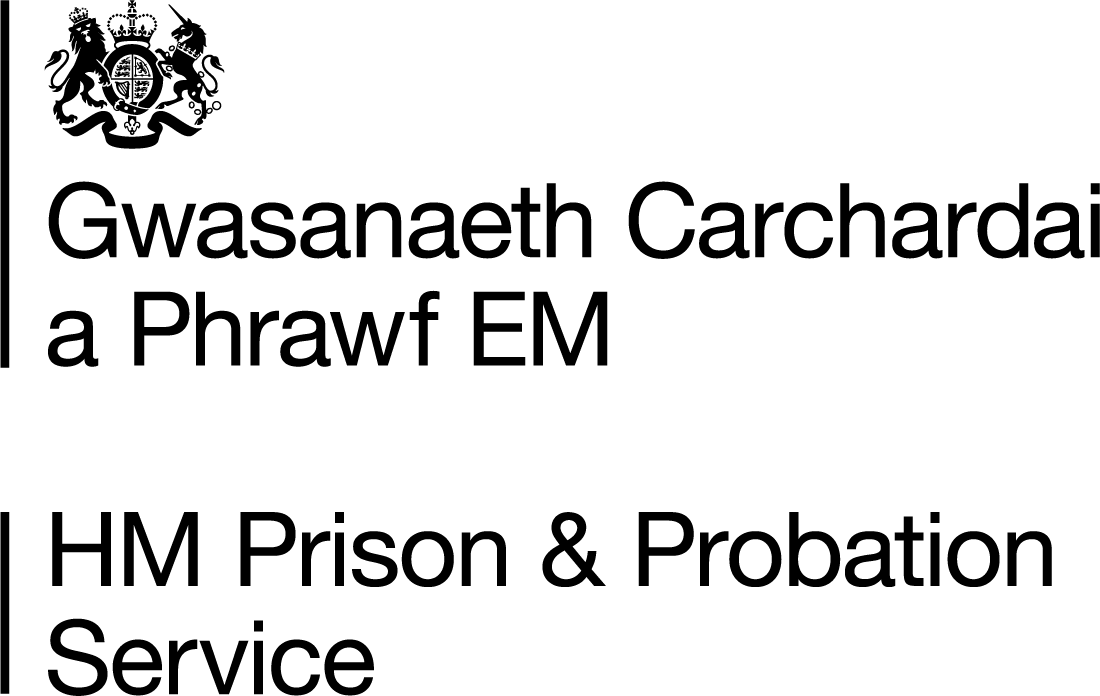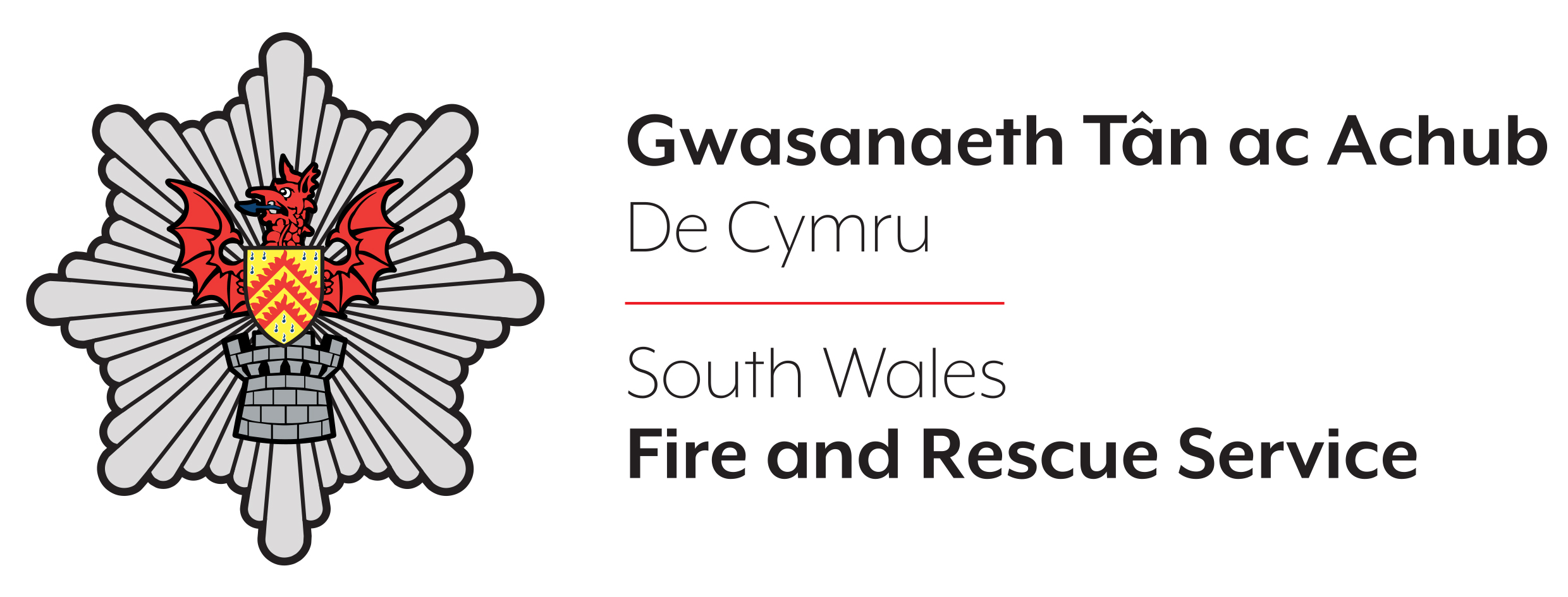Relevant legislation can be found under Adult Justice System.
All information sharing within IOM should be done in line with data protection legislation, including, but not limited to, Data Protection Act 2018 and Crime and Disorder Act 1998.

Hafan » Offending & Justice » Integrated Offender Management
Integrated Offender Management (IOM) is a coordinated approach to the management of offenders within the adult criminal justice system. While traditionally focused on tackling persistent offenders who commit a lot of crime, it has been extended in Wales to other priority groups jointly identified by partner agencies. It recognises that the complex needs of these individuals are most likely to be met by agencies working together and making the best use of local resources. More information about this work can be found here.
In 2020, the Home Office and Ministry of Justice published a new Neighbourhood Crime Integrated Offender Management Strategy – a unified approach to offender supervision in the community.
[This new approach] puts neighbourhood crime prevention at the centre of IOM, to ensure swifter action, effective interventions and, ultimately, safer communities. Police and the Probation Service will work more closely to jointly supervise offenders and ensure fewer of them fall through the gaps of the justice system; and better links to community groups will be created to address the underlying causes of their criminality by directing them to the services they need to change their ways.
Vision – Working in partnership to reduce the number of victims by preventing crime and reoffending.
Mission – Reducing crime and reoffending in order to safeguard the communities of Wales (IOM Cymru Vision and Mission Statement).
Welsh legislation is informing the future direction of IOM in Wales by challenging us all to think about the well-being of future generations. This must include the management of offenders, as crime and justice both directly and indirectly impact on the well-being of individuals living across Wales, whether as a victim, perpetrator, family member or a member of the wider community, as well as impacting on a wide range of services. The IOM Cymru approach aligns with the Home Office IOM Key Principles (2015) and is underpinned by eight principles:
These principles have been enhanced through the Neighbourhood Crime Integrated Offender Management Strategy and IOM Cymru are refreshing their processes and cohorts accordingly.
Relevant legislation can be found under Adult Justice System.
All information sharing within IOM should be done in line with data protection legislation, including, but not limited to, Data Protection Act 2018 and Crime and Disorder Act 1998.
The Academy for Social Justice is a network to share knowledge, skills and best practice to promote social justice through public services and civil society. Membership is free and include online and regional seminars, workshops, learning sets and conferences. Latest Events.
College of Policing Practice Guidance – Offender management
Welsh Government – Supporting those at risk of re-offending
UK Government – Integrated Offender Management strategy
IOM Cymru website and IOM Cymru Useful Links
IOM Effective Practice: Partnership and Integration video.
YouTube and other IOM videos via HMIP YouTube Channel
VAWDASV Perpetrator Service Standards Guidance
Of note, additional guidance related to the latest IOM strategy is due to be published.
For victims, families and concerned people
Nacro has a dedicated Resettlement Plus Helpline which offers information and advice to ex-offenders, serving prisoners, their families and friends, and to organisations working with them. Call 0300 123 1999.
National Prisoners’ Families Helpline website for England and Wales offers support for families who have a loved one in contact with the criminal justice system. Call 0808 808 2003 Monday to Friday 9am – 8pm, Saturday and Sunday 10am – 3pm.
St Giles Trust runs a range of services designed to help ex-offenders with employment, support, community based training, and housing/ emergency accommodation. Call 020 7708 8000.
Unlock is an independent charity for people with convictions who are dealing with the effects of having a criminal record. They give advice and support across areas such as how to disclose to employers, criminal record checks, getting insurance and travelling abroad through their confidential peer-run helpline. Call 01634 247350.
Victim Support’s My Support Space is a free online resource containing interactive guides (including journey to justice) to help you move forward after crime. Also see Victims and Witnesses.
YMCA work in partnership with prisons and probation services to support offenders with citizenship and training opportunities pre-release. Call 0207 186 9500.
Support services are also provided in Wales by Nelson Trust; The Prison Advice and Care Trust (Pact); Safer Wales; St Giles Cymru and Prison Link (Pobl).






